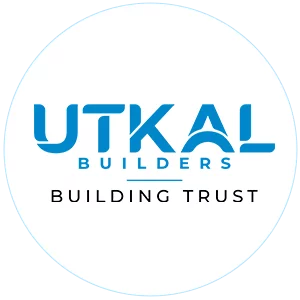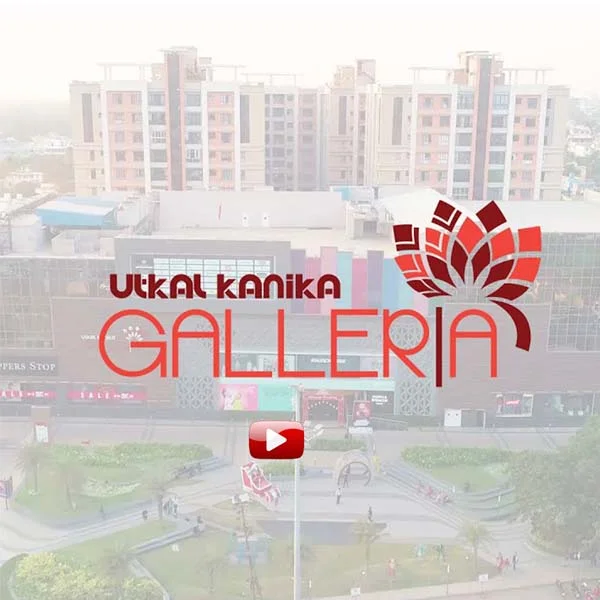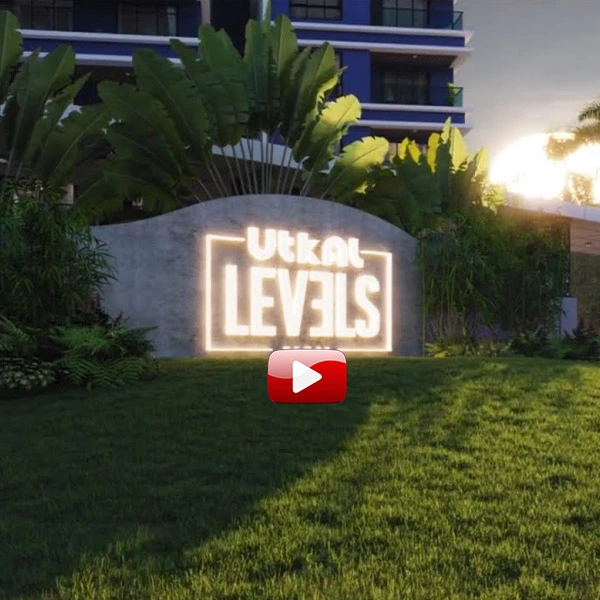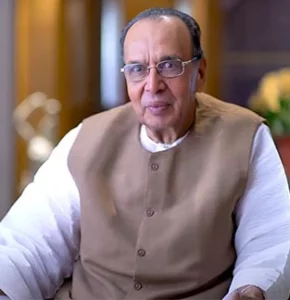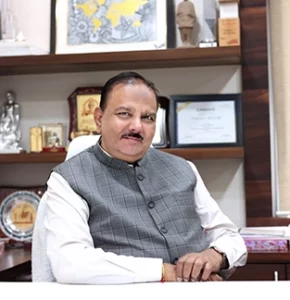FREQUENTLY ASKED QUESTIONS
-
⯈ Title Deed
⯈ Approved Building plans
⯈ Commencement Certificate (Under-construction property)
⯈ Conversion Certificate (If agricultural land is covered to non-agricultural)
⯈ Encumbrance Certificate
⯈ Latest Tax Receipts
⯈ Completion Certificate /Occupancy Certificate (Ready to move in)
-
⯈ Title deeds, No Objection Certificate (NOC) from builder, NOC from banks, Building Plan approvals, Completion Certificate, RERA Registration Certificate, PAN Card and Photographs.
-
⯈ New Sale Deed, PAN Card, Photographs
-
⯈ Clear and marketable Title, Sale Deed, Encumbrance Certificate, latest tax receipts, Occupancy Certificate, Building Plan Approvals and Possession Certificate.
-
⯈ Projects approvals can be verified from the corporation or the sanctioning authority’s office
⯈ Ownership documents can be confirmed from the Sub Registrar’s office where they are registered
⯈ Share certificate related to societies can be verified from the concerned Society itself
-
⯈ Original copies of the chain of title agreements and Building Plan approvals
⯈ Original registration and stamp duty receipts
⯈ Possession Letter
⯈ Original share certificate (In case of societies)
⯈ Proof of payment of all dues like maintenance charges, electricity bills, phone, water and property taxes up to the date of handing possession
⯈ NOC from the Society or other concerned body confirming no objection to the transfer
-
⯈ It refers to the registering of documents relating to transfer, sale, lease or any other form of disposal of an immovable property. Registration is compulsory by law for all properties under Section 17 of Indian Registrations Act, 1908. Once a property is registered lawfully, it means that the person in whose favour the property is registered, is the lawful owner of the premises and is fully responsible for it in all respects.
-
⯈ Stamp duty is based on the bench mark value or the agreement value of the property, whichever is greater.
-
⯈ Registration of a property includes necessary stamping and paying of registration charges for a sale deed and getting it recorded at the sub-registrar’s office of the concerned jurisdictional area. If a property is purchased from a developer directly, getting it registered amounts to act of legal conveyance. In case the purchased property is a second or third transaction, it involves a duly stamped and registered transfer deed. Nowadays, property registration process is computerized in most states.
-
⯈ Power of Attorney allows a person to authorize another person the right to make decisions regarding the person’s assets, finances and real estate properties.
⯈ There are two types of power of attorney. First, the ‘General Power of Attorney’ where a property owner confers ‘general’ rights. The rights include but are not limited to sell, lease, sub-lease etc. The second one is the ‘Special Power of Attorney’ where only a specific right is given by the owner to the chosen person.
-
⯈ Yes, you can execute Special Power Of Attorney to get your property registered by someone else.
-
⯈ TDS or tax deduction at source on amount exceeding Rs 50 lakhs for the purchase of property excluding agricultural land.
⯈ Stamp duty
⯈ GST – Applicable if the property is being purchased from the builder who conceived and constructed the project before offering possession to the buyer. If a `ready to move in’ property with completion certificate is purchased from the seller, GST is not applicable.
-
⯈ Stamp Duty is the tax paid for the legal recognition of property. It is paid by the home buyers. You can claim tax incentives of up to Rs 1.5 lakh on stamp duty and registration charges on a new property purchase or construction of a house. However, these benefits are available for only one self-occupied property.
-
⯈ Yes. Generally, the stamp duty on the gift deed is applicable as per the state rules.
-
⯈ The borrower should be a resident of India or an NRI
⯈ Above 24 years of age at the beginning of the loan
⯈ Below 60 years (65 for self-employed) or retirement age when the loan matures
-
⯈ Proof of Identity: PAN, Driving license, Voter ID, Aadhar Card
⯈ Proof of Income:
⯈ Salaried Applicants: Latest 3 Months salary slips showing all deductions and Form 16 for the last three years.
⯈ Self Employed Applicants: IT returns for the past 2 years and computation of income for the last 2 years as certified by a CA
⯈ Bank Statement: Past 6 months Guarantor Form (Optional)
-
⯈ Processing Charge: It is the fee payable to the lender on applying for a loan. It is either a fixed amount not linked to the loan amount or a percentage of the loan amount.
⯈ Pre-payment Penalty: When a loan is repaid before the scheduled duration, a penalty is charged by some banks, which is known as the pre-payment penalty.
⯈ Miscellaneous Costs: Some lenders may also ask for documentation or consultation charges.
-
⯈ The banks usually offer these nine types of loans on interest:
⯈ Home Purchase Loan: It is the most common type of loan taken for purchasing a new residential property or an old house from its previous owner.
⯈ Home Improvement Loan: Home improvement loans are given for executing repair and renovation work at home.
⯈ Home Construction Loan: These loans are sanctioned to construct a house on a piece of land you have already purchased. The loan approval and application process for these loans is somewhat different from the other commonly available home loans.
⯈ Home Extension Loan: Home extension loans are offered for expanding or extending an existing house. For example, addition of an extra room, a floor etc.
⯈ Land Purchase Loan: This type of loan is granted for purchase of a plot of land for both residential or investment purposes.
⯈ Home Conversion Loans: These loans are available for people who have already purchased a house by taking a home loan but now want to buy and move to another house. With these loans, they can fund the purchase of the new house by transferring the current loan to the new house.
⯈ Balance Transfer Loan: These loans are availed to transfer one’s home loan from one bank to another. It is usually done to repay the remaining amount of loan at lower interest rates or when a customer is unhappy with the services provided by his existing home loan provider and wants to switch to a different bank.
⯈ NRI Home loans: These are specialized loans, structured to suit the requirements of NRIs who wish to build or buy a home in India.
⯈ Loan against Property (LAP): These loans are given or disbursed against the mortgage of a property.
-
⯈ Carpet Area: The area of an apartment or building, not inclusive of the area of the walls is known as carpet area. This is the area that is actually used and in which a carpet can be laid.
⯈ Built-Up Area: When the area of the walls including the balcony is calculated along with the carpet area, it is known as built-up area.
⯈ Super Built-Up Area/Chargeable Area:P The built-up area along with the area under common spaces like lobby, lifts, stairs, garden and swimming pool is called super built-up area.
-
⯈ Generally the total expenses incurred for the maintenance of common area /facilities/amenities are being charged proportionately to each and every flat owners according to the size of the flat.
-
⯈ This is done so that in case the building needs to be repaired or reconstructed in the future, the society has sufficient funds to carry out the work. This fund may be used after a resolution is passed at the General Body meeting with the prior permission of the Registering Authority. This could be to carry out reconstruction, repairs, structural additions or alterations to the building as the architect thinks is required and certifies.
-
⯈ The price that a property can command in the open market is known as its market value.
-
⯈ There are several benefits: if you convert the property to a freehold property, you become a full-fledged owner by getting the sale deed and having it registered. A freehold property has better marketability and can be sold, mortgaged or kept for standing security, which cannot be done with leasehold property.
-
⯈ If the transfer takes place within three years of purchase, the income tax exemption under Section 54F of the Income Tax Act does not hold good.
-
⯈ The valuation process evaluates the market value of the property. Demand and supply forces operating in the market, as well as other factors like type of property, quality of construction, its location, the local infrastructure available, maintenance, are all taken into consideration before the market value is decided.
-
⯈ When a piece of property is given or ‘leased’ to an individual (known as the ‘Lessee’) for a stipulated period of time, by the owner of the property (known as the ‘Lessor’), the property is referred to as Leasehold Property. A certain amount is fixed by the Lessor to be paid as lease premium and annual lease. The land ownership rights remain with the Lessor. Transfer of property requires prior permission.
-
⯈ When ownership rights for a piece of property are given to the purchaser for a price that property is referred to as Freehold Property. Unlike in the case of leasehold property, no annual lease charges need to be paid and the freehold property can be registered and / or transferred in part(s).
-
⯈ An agreement of sale, coupled with actual possession of the property would be considered as a conclusion of the sale. Usually, the entire amount is paid at the time of handing over possession.
-
⯈ The purchase consideration should be met either out of inward remittances in foreign exchange through normal banking channels or out of funds from any non resident accounts maintained with banks in India.
-
⯈ Reserve Bank has granted general permission to foreign citizens of Indian origin, whether resident in India or abroad, to purchase immovable properties other than agricultural land/farm house/plantation property, in India. They are, therefore, not required to obtain separate permission of Reserve Bank or file any declaration.
-
⯈ No. NRI’s do not require any permission to acquire any immovable property in India other than agricultural / plantation property or a farm house.
-
⯈ Yes. Reserve Bank has granted general permission for sale of such property. However, where another foreign citizen of Indian origin purchases the property, funds towards the purchase consideration should either be remitted to India or paid out of balances in non-resident accounts maintained with banks in India.
-
⯈ In the event of sale of immovable property other than agricultural land/farm house/plantation property in India by a NRI or PIO, the authorized dealer may allow repatriation of the sale proceeds outside India, provided all the following conditions are satisfied: -The immovable property was acquired by the seller in accordance with the provisions of the Exchange Control Rules/Regulations/Law in force at the time of acquisition, or the provisions of the Regulations framed under the Foreign Exchange Management Act, 1999;
The amount to be repatriated does not exceed (a) the amount paid for acquisition of the immovable property in foreign exchange received through normal banking channels or out of funds held in foreign currency non-resident account or (b) the foreign currency equivalent, as on the date of payment, of the amount paid where such payment was made from the funds held in non-resident external account for acquisition of the property; and
In case of residential property, the repatriation of sale proceeds is restricted to not more than two such properties.
-
⯈ Reserve Bank has granted general permission to certain financial institutions providing housing finance e.g. HDFC, LIC Housing Finance Ltd., etc., to grant housing loans to NRI’s for acquisition of a house/flat for self occupation subject to certain conditions. The purpose of loan margin money and the quantum of loan will be at par with those applicable to housing loans to residents. Repayment of loan should be made within a period not exceeding 15 years out of inward remittances or out of funds held in the investor’s NRE / FCNR / NRO Accounts.
-
⯈ Yes. Reserve Bank has granted general permission for letting out any immovable property in India. The rental income or proceeds of any investment of such income is eligible for repatriation




